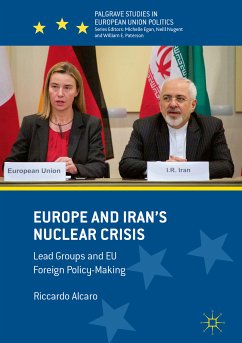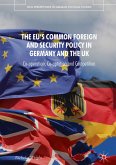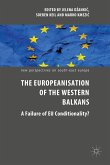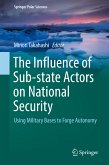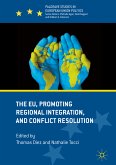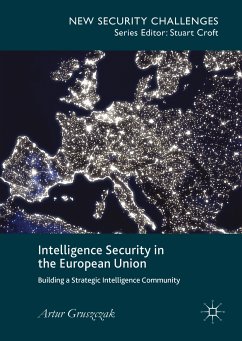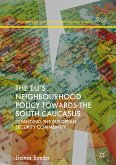This book investigates the European involvement in managing the nuclear dispute with Iran, shedding new light on EU foreign policy-making. The author focuses on the peculiar format through which the EU managed Iran's nuclear issue: a 'lead group' consisting of France, Germany and the UK and the High Representative for EU foreign policy (E3/EU). The experience of the E3/EU lends credibility to the claim that lead groups give EU foreign policy direction and substance. The E3/EU set up a negotiating framework that worked as a de-escalating tool, a catalyst for Security Council unity and a forum for crisis management. They inflicted pain on Iran by adopting a comprehensive sanctions regime, but did so only having secured US commitment to a diplomatic solution. Once the deal was reached, they defended it vigorously. The E3/EU may have been supporting actors, but their achievements were real.
Dieser Download kann aus rechtlichen Gründen nur mit Rechnungsadresse in A, B, BG, CY, CZ, D, DK, EW, E, FIN, F, GR, HR, H, IRL, I, LT, L, LR, M, NL, PL, P, R, S, SLO, SK ausgeliefert werden.

